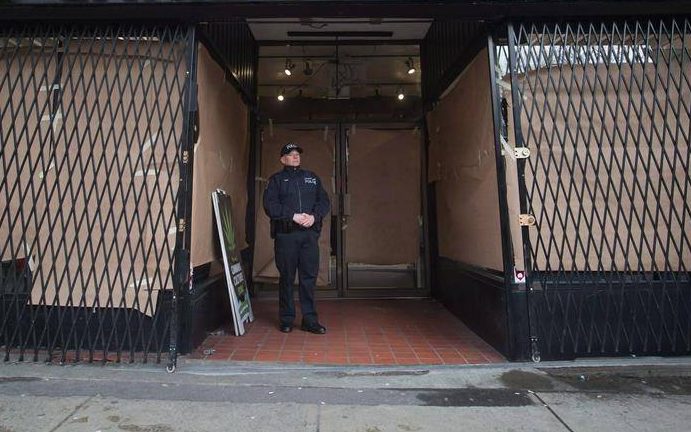Colorado was the first U.S. state to legalize recreational marijuana in 2014 and four years later the state’s former governor has some advice for Canadians.

Bill Ritter says the biggest change for them was the extra revenue.
“Because it’s taxed pretty heavily, the windfall in some respects is somewhere between $250 and $300 million a year,” Ritter said.

Get breaking National news
Much of that is poured back into public programs, but Ritter warns there are social impacts.
“Where I work in downtown Denver, it just feels like there are folks who came here and stayed here, and our homeless population is more significant than it once was, people openly smoking marijuana is more apparent than it once was,” Ritter said.
As for pot cases further backing up the state’s court system, Ritter says legalizing pot has not added extra stress to the courts.
In British Columbia, the provincial government expects to bring in $75 million in 2019 from pot taxes.












Comments